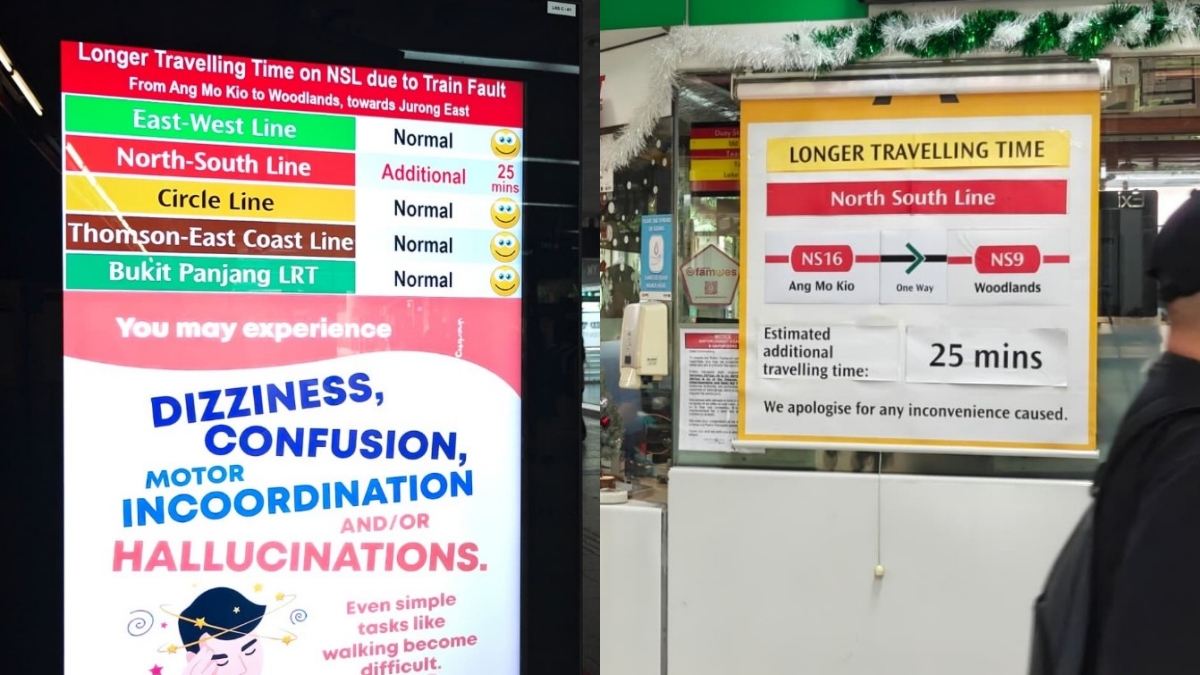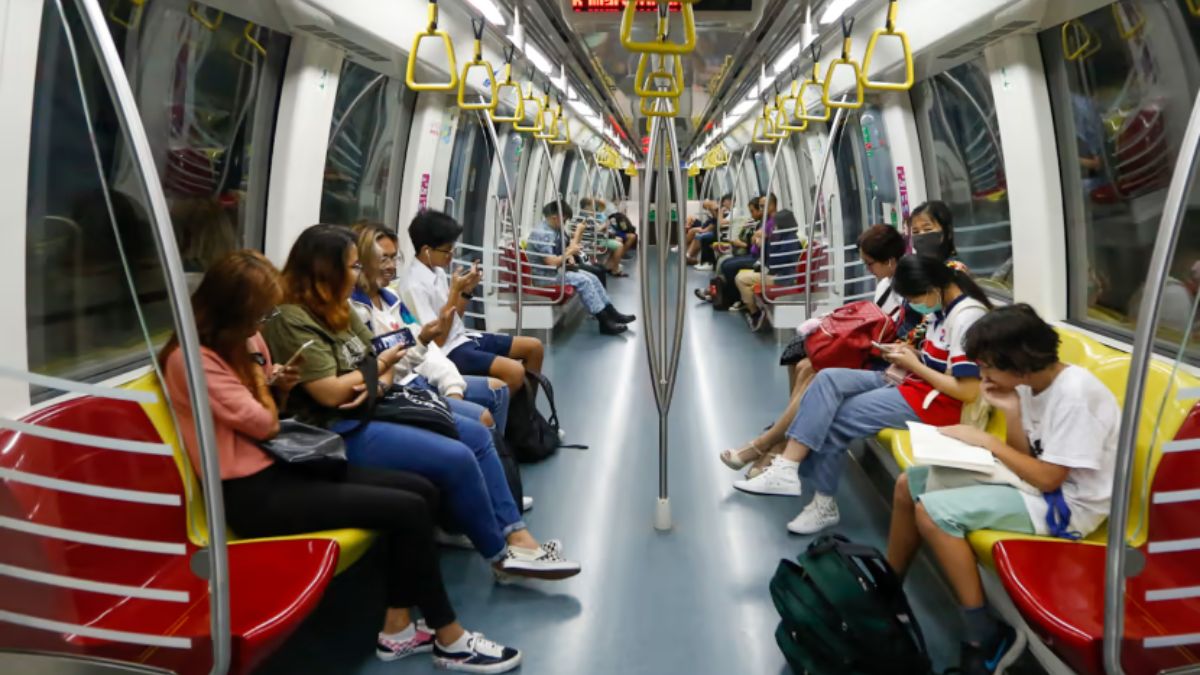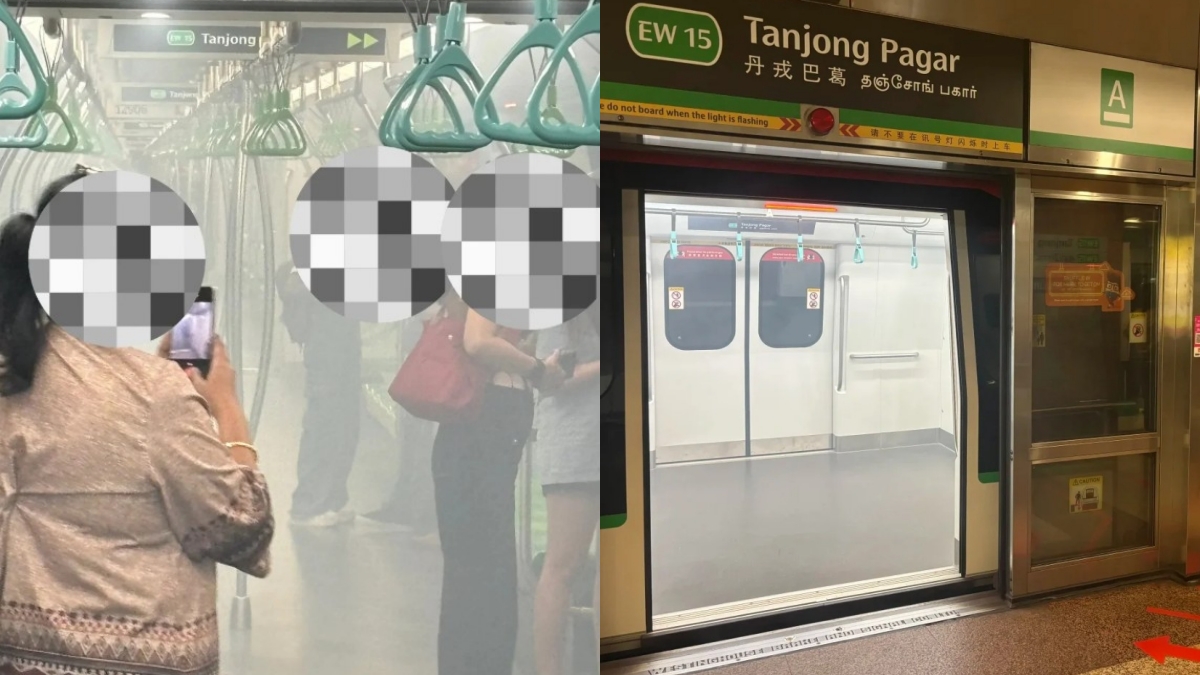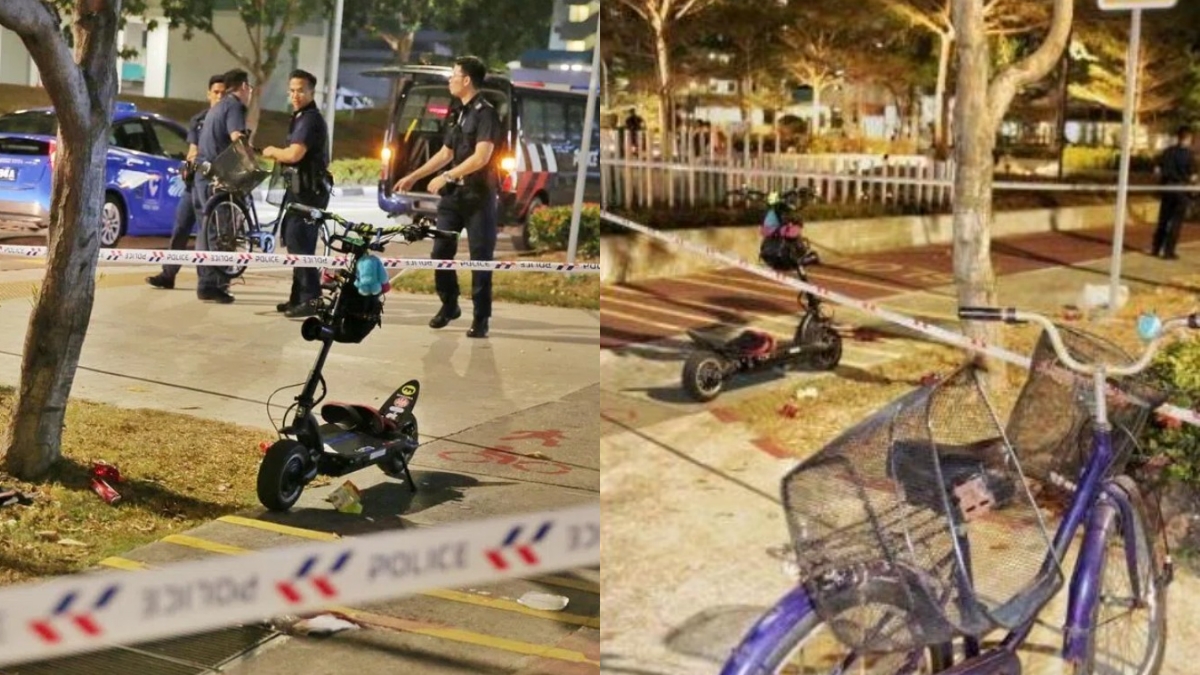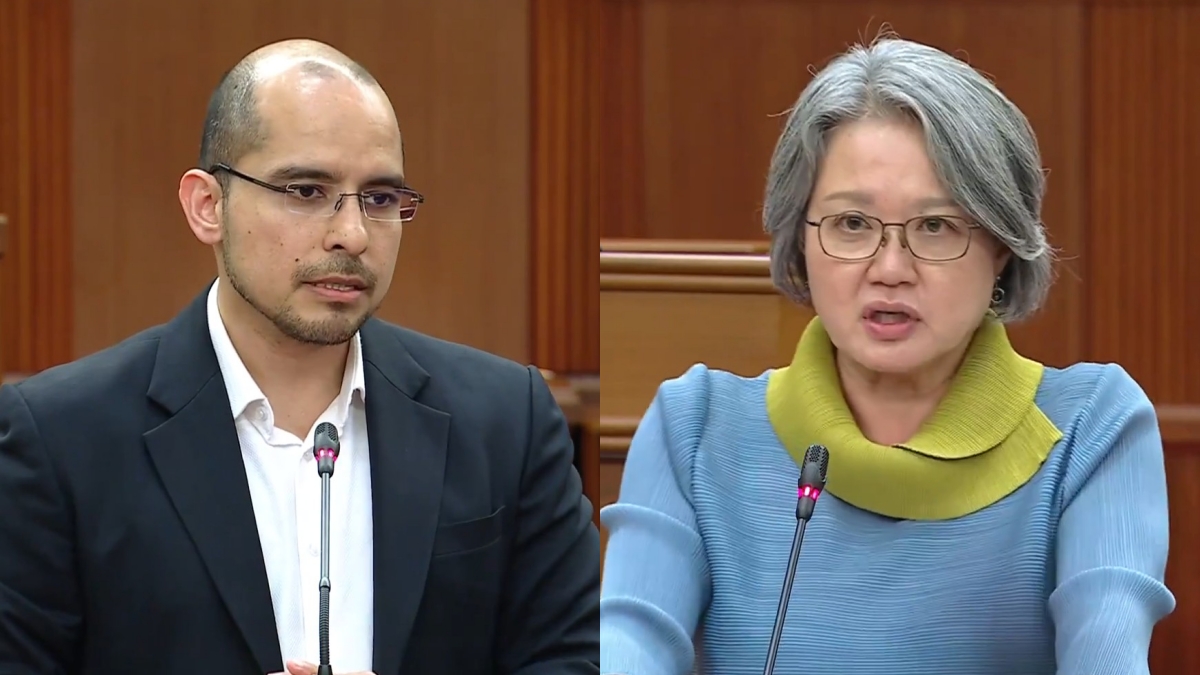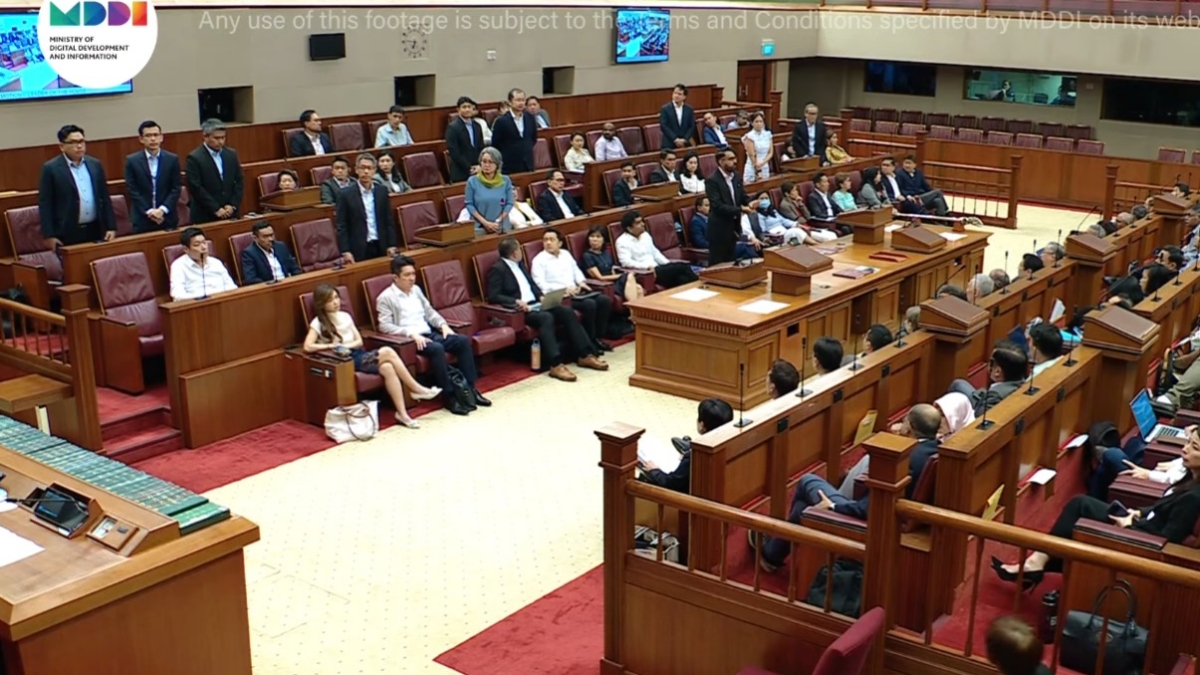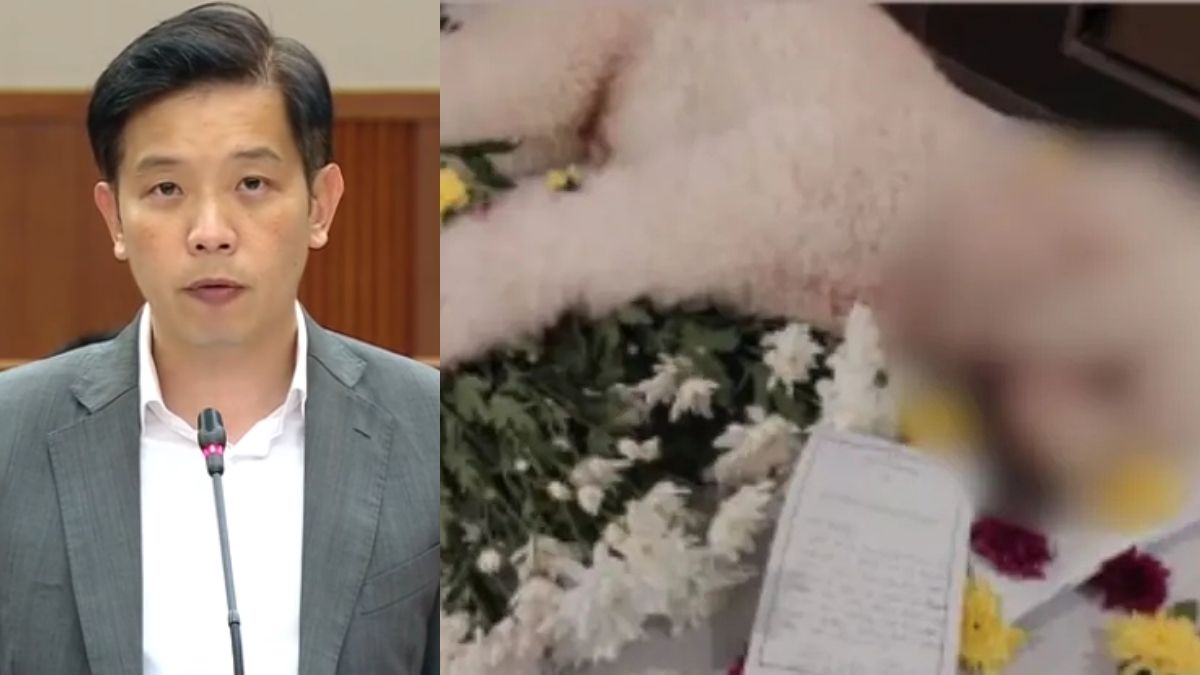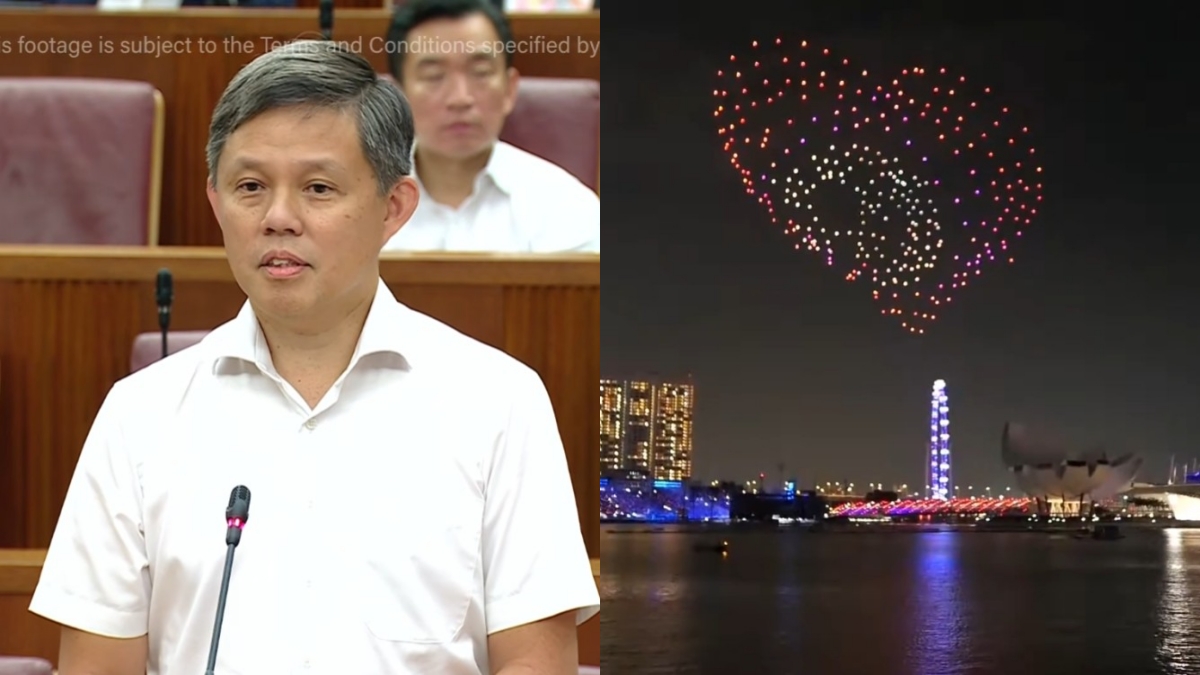No action warranted against SMRT staff, says Jeffrey Siow, after six-day train disruption
SMRT was fined S$2.4 million and directed to invest S$600,000 after a major disruption in September 2024. Acting Minister Jeffrey Siow told Parliament no action was warranted against SMRT staff, citing no criminal conduct.
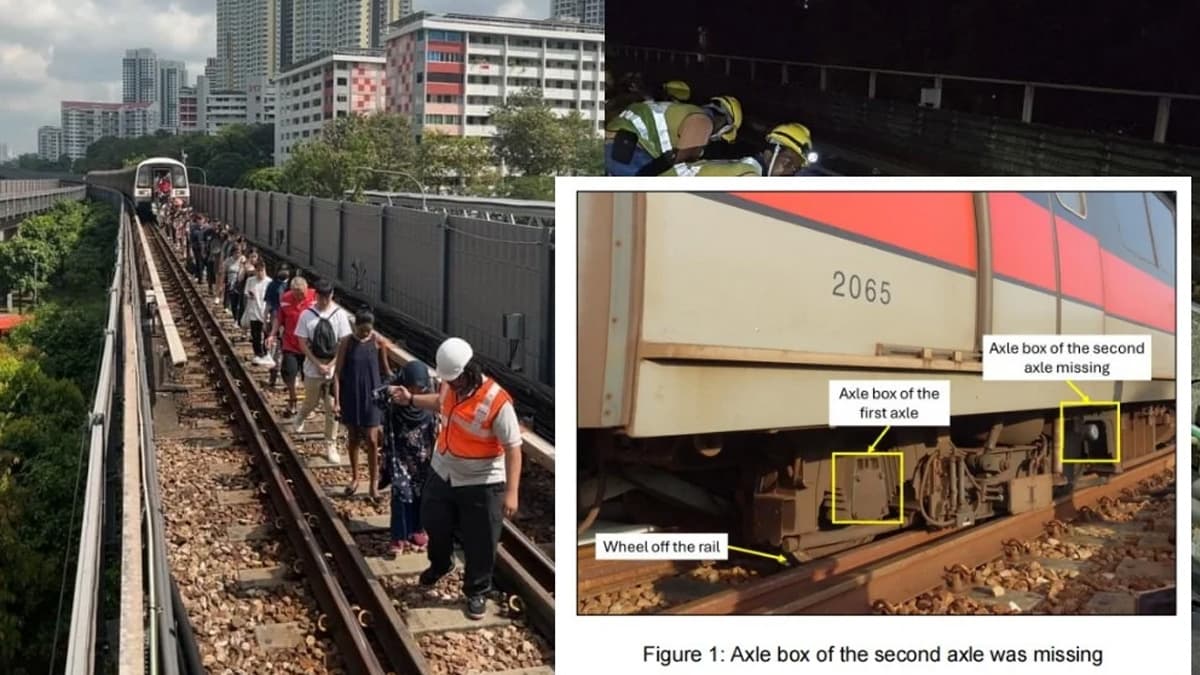
On 25 September 2024, a key component known as an axle box detached from an SMRT train travelling between Dover and Clementi MRT stations, leading to a bogie derailment.
The incident caused damage to more than 2.5 km of track and trackside infrastructure, forcing a six-day disruption on the East-West Line.
Nine MRT stations between Boon Lay and Queenstown were affected, and full train services resumed only on 1 October 2024. An estimated 500,000 of the 2.8 million daily journeys were disrupted each day during this period.
On 25 July 2025, the Land Transport Authority (LTA) announced that SMRT was fined S$2.4 million under the Rapid Transit Systems Act, citing maintenance and operational lapses. SMRT was also directed to invest at least S$600,000 in strengthening its engineering and safety systems.
Written response from Acting Minister Jeffrey Siow
In a written parliamentary reply dated 14 October 2025, Acting Minister for Transport Jeffrey Siow responded to a question filed by Workers’ Party MP Dennis Tan Lip Fong, who had asked what specific actions were taken against SMRT’s senior management and technical personnel, following the findings of the Transport Safety Investigation Bureau (TSIB).
In his reply, Siow stated: “As neither TSIB nor LTA’s investigation found any criminal wrongdoing on the part of any individual, there are no grounds for Government to take further action against specific individuals.”
He added that LTA does not interfere in human resource decisions made by public transport operators, such as SMRT:
“LTA does not interfere in human resource decisions that rail operators may take in response to our investigation findings.”
Siow also reiterated that the TSIB’s investigations are not intended to apportion blame or determine liability, but rather to enhance transport safety and prevent future occurrences.
TSIB’s findings on root causes and system lapses
The TSIB’s final report, published in May 2025, attributed the incident to the failure of axle box 19 on Train T310, which had last undergone an overhaul in 2018. By the time of the incident, the train had clocked approximately 690,000 km, significantly exceeding the recommended overhaul interval of 500,000 km.
While SMRT had a waiver process that allowed for interval extensions, the TSIB found no engineering assessments were documented for key stages of the extension. The rail authority was aware of the waiver system, but was not required to approve or audit extensions at the time.
Investigators also found a failure in the Hotbox axle temperature detection system, which detected an abnormally high axle box temperature (118°C), but failed to identify the train.
The system instead displayed a “Null ID”, and the Rolling Stock Controller (RSC) dismissed the alert as a false warning. The TSIB noted that RSCs were not trained to respond to Null ID alerts, and that such warnings had occurred in the past without resolution.
The delay in response allowed the axle box to deteriorate further. As the train was being rerouted to the Ulu Pandan Depot, the axle box detached and four wheels derailed, causing widespread damage. No injuries were reported.
Safety actions and regulatory reforms
Following the incident, SMRT and LTA introduced several changes to prevent recurrence.
All trains in the same fleet that had exceeded their overhaul interval were withdrawn and overhauled before returning to service. This process was completed by 13 October 2024.
The Hotbox system’s Null ID fault was rectified, and new procedures now require all Level 1 warnings to be shared directly with the Operations Control Centre. SMRT has also introduced a formal process for reporting and acting on Hotbox anomalies.
To improve maintenance oversight, SMRT will enhance its waiver approval system by July 2025, making documentation and engineering justifications mandatory for any overhaul extensions.
LTA now requires all operators to notify the authority of any such extensions, which are subject to audit. These audits will assess the completeness of engineering evaluations and any mitigating measures, such as enhanced monitoring or shortened inspection intervals.
Plans are also in place to expand trackside temperature sensors to increase detection coverage and enable earlier identification of axle box faults.
Although no individuals were found to be criminally liable, the TSIB highlighted the importance of governance, documentation, early detection systems, and a responsive safety culture in maintaining rail reliability and commuter safety.


